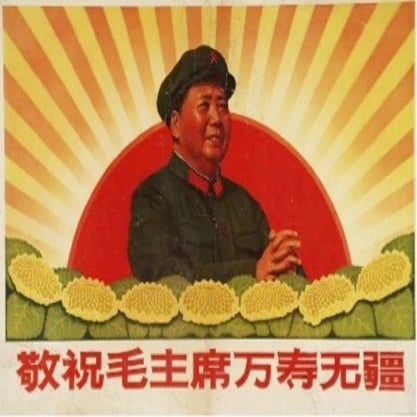Article
To Ngoc Van (1906–1954) By Scott, Phoebe
Article
To Ngoc Van was a notable Vietnamese painter, and one of the first generation of students to graduate from the École des Beaux Arts de l’Indochine, Hanoi, founded in 1925. He was known primarily for his works in oil, which captured the romantic subjects popular in Vietnamese painting of the 1930s and 1940s. As one of the first Vietnamese artists to write and publish art criticism in the local press, he was also influential in shaping the public discourse around Vietnamese modern art. Like many other intellectuals of his generation, he lived through the transition from the colonial period to the anti-colonial, Communist-led revolution, and consequently had to make profound changes to his ideas and practices. During the First Indochina War (1946–1954), he transformed his manner of painting to suit the new ideological environment, creating propaganda works to boost morale, as well as images of peasants and soldiers. However, he was still a strong advocate for the visual arts, and published passionate defenses of creative freedom, artistic education and the practice of modern Vietnamese lacquer painting, despite the ideological pressures of the period.

